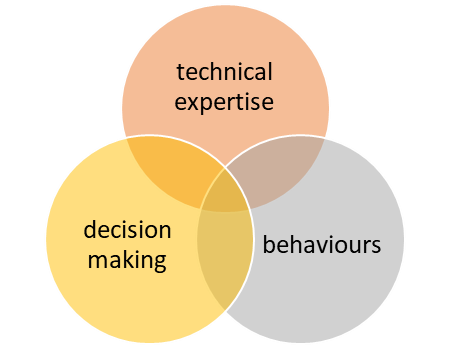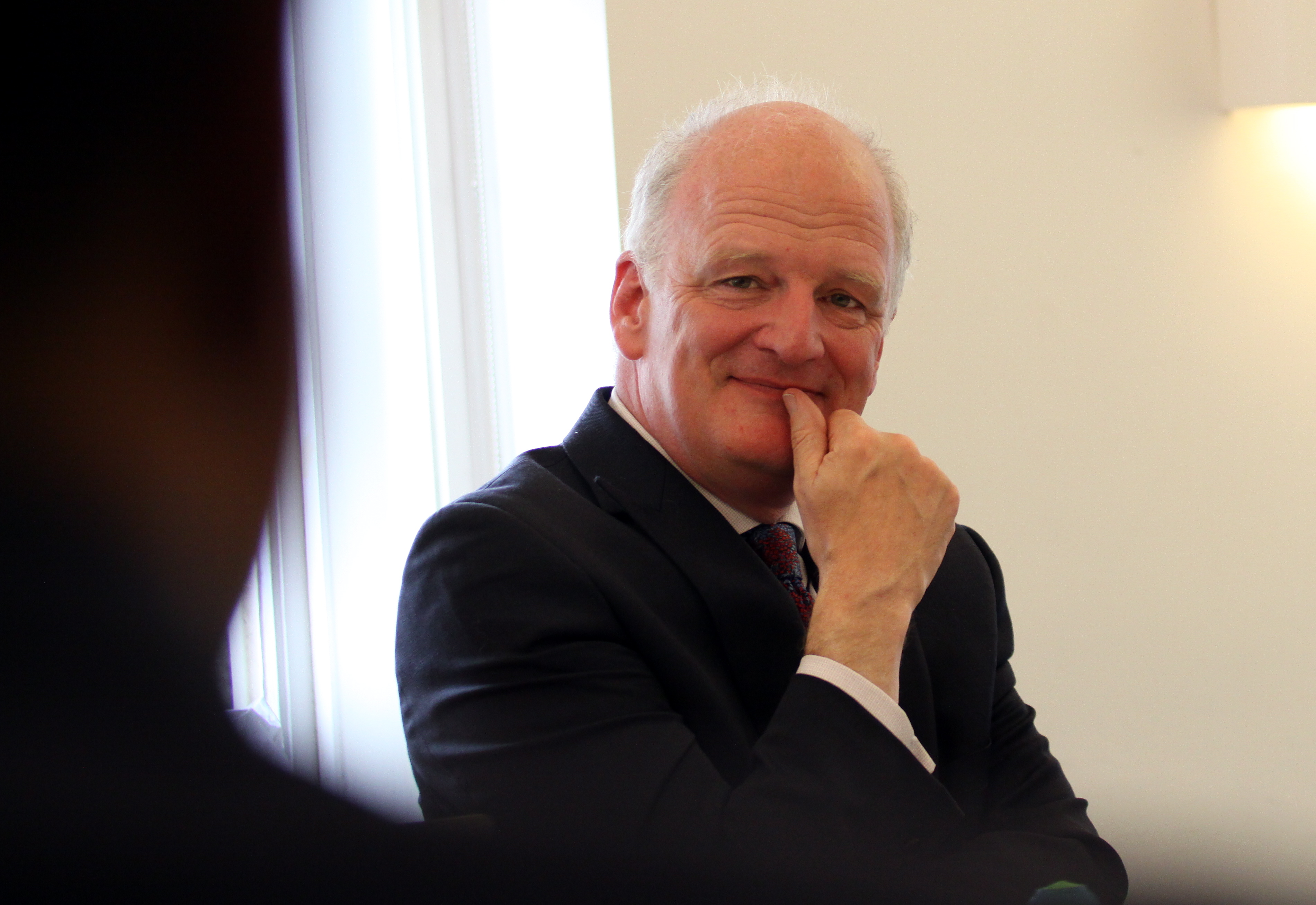Please note we are looking at a new date for this Masterclass, which will be confirmed as soon as possible.
Summary
Surgical training teaches all the technical skills needed to be a good surgeon. But is that enough to be a successful consultant? A consultant needs to make good decisions, work and lead a team, play a leadership role in their institution, be involved in education and research as well handle the politics of their department, trust and professional bodies. The aim of this workshop is to provide new consultants with the ability to develop their own compass that allows them to navigate this and develop control over their own professional life.
Topics covered
- What is the purpose of being a consultant surgeon?
- What would ‘good’ look like for a cardiothoracic consultant?
- What does the consultant have to do?
- How to unite these demands with the purpose.
- The character that is needed to have success and achieve the purpose.
Delegates
25-30 cardiothoracic surgeon consultants (regardless of years post CCST).
Overview
This will be a 2 session programme on ‘What makes a good consultant’. It examine what it takes to be a good (in terms of both ethics and success) consultant. It will look at these through the lenses of virtue ethics and cardiothoracic surgery.
Background

To be a successful surgical consultant requires three factors: technical expertise, decision making and right behaviours. Most attention in training and recruitment of surgeons focussed on the technical expertise. As a result, once people reach consultant level they find that they do not have the tools and wherewithal navigate the complexity of their work environment. This results in sub-optimal performance, personal frustration, poor patient outcomes and bad relationships with people that they are working with. In extreme cases it causes serious mistakes that harm patients as well as burn out of the individual.
The aim of this programme is not to provide another series of skills or competencies that people have to master in order to do their job. Rather, the aim is to provide a framework for individuals to think through what it means for them to be a good surgical consultant, so that they are empowered to develop into the consultant that they want to be, in a way that allows for them to thrive and for the best outcomes for their patients, as well as the teams and institutions that they work with and in.
The lens that will be used to do this is that of virtue ethics. This is a philosophical framework developed most notably by Aristotle, but which was the predominant ethical framework in the West until the Enlightenment. It also has strong parallels with aspects of Eastern philosophy. It is now increasingly being used to develop peoples’ understanding of professional conduct.
Virtue ethics, unlike other forms (deontological and consequentialist ethics) concentrates on the character of the individual rather than their actions. Simplistically it could be considered that if a person has a good character then they will do the right thing. There are three main principles in virtue ethics. The first is to consider the ultimate end or moral purpose (telos) of a person or profession. The second is the virtues that are needed to fulfil that telos. Finally, the wisdom (phronesis) that is needed to understand what to do in the right circumstances.
Aim of the programme
The aim of this programme will be to discuss what the telos of a cardio-thoracic surgical consultant should be. Telos unites both a moral purpose and the business purpose, so that ‘good’ encompasses not only what is the ethically correct thing but also what is functionally best; there should be no tension between being a successful consultant and behaving in an ethical manner. It will explore the virtues or character needed to achieve this and understand some of the principles involved in developing phronesis.
The objective will be to give people the tools needed to be more thoughtful about their actions and their personal development and to ‘own them’.
Facilitator

The course leader will be Professor Andrew JT George. Andrew has been a Professor of Immunology at Imperial College London and Deputy Vice Chancellor of Brunel University London. He is on the board of Health Education England, the Health Research Authority, Surrey and Borders Partnership NHS FT. He is also co-chair of the UK Committee on Research Integrity. He was awarded an MBE for his work in research ethics. He is also an executive coach, working with senior leaders in healthcare, industry and academia.
Andrew George will be working on behalf of AJTG Ltd, his website is ajtg.co.uk